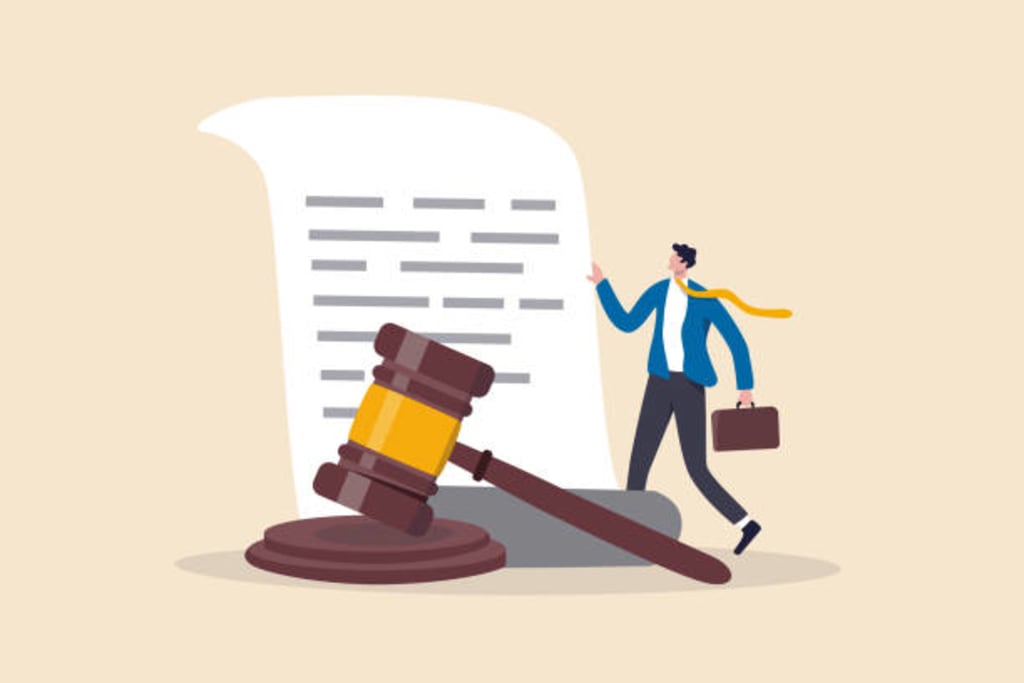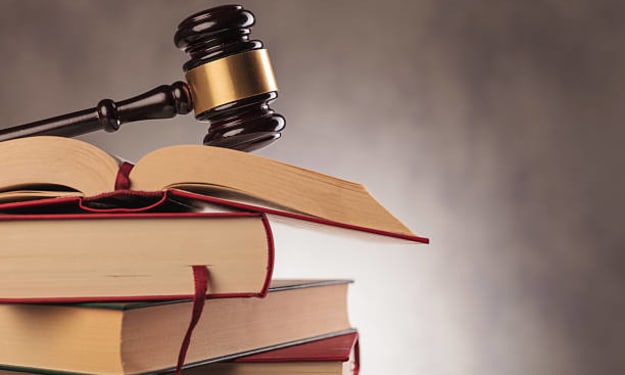What is meant by Trademark Enforcement in India?
Trademark is an essential asset of a company and is vital for your business's booming growth. You have to use them and monitor them for possible infringement. Here's a brief on trademark enforcement.

The primary role of trademarks today is the acquisition of monopoly or exclusive right to use a mark or brand name, and the owners also have the trademark rights simultaneously.
The trademark proprietor creates brand loyalty through dynamic advertising campaigns collaborating with licensees, and establishing product differentiation.
The Trade Marks Act 1999 (the TM Act) provides enforcement through infringement and passing-off actions.
A proper enforcement strategy is essential to maintain the success of a brand. Trademark protection prevents any unlawful and unauthorised use of the mark by any third person.
Similarly, one can enforce their trademark rights against infringers via an infringement suit or a suit for passing off. Trademark protection in India acts with the trademark act that elaborates the rules governing trademark enforcement, registration, protection, and infringement penalties.
What is the enforcement of a trademark?
In India, people can handle an infringement or passing-off action with original jurisdiction in the district and high courts. The courts can impose imprisonment for six months to three years or a fine of 50,000 to 200,000 rupees for trademark infringements and falsifications under the TM act.
A trademark owner may file a criminal complaint before a magistrate to investigate, search and seize the infringing goods within the premises of the infringer under the Code of Criminal Procedure 1973. The owner can file a criminal complaint with the police for the infringement and falsification of trademarks.
Trademark enforcement proceedings
The strategy for trademark enforcement in India starts with a cease and desist letter addressed to the trademark infringer. It specifies the nature of the infringement and demands that the breach stops immediately. You can write the letter on your business letterhead, and your trademark lawyer can write and send it on your behalf. You will have to file a lawsuit if the letter does not produce results.
If your cease and desist letter does not work. You will benefit from filing a lawsuit in federal court if you have registered your trademark. You file in state court if your trademark is not registered or the infringing mark used is in the same state in which you use your trademark.
After the successful lawsuit, the court will issue an injunction — an order telling the infringing party to stop using your trademark. Administrative trademark enforcement in India includes the notification of the registered trademark to prevent the importation of infringing goods.
According to the rules of the Tribunal Reforms (Rationalisation and Conditions of Service) Ordinance 2021, the government recently abolished the Intellectual Property Appellate Board (IPAB) (April 4, 2021). According to the ordinance, the IPAB's powers got delegated to the Indian high courts.
In some cases, you can recover damages that resulted in lost business revenue. The court could force the infringing party to forfeit profits gained by using your trademark, pay your injuries, and pay your court and legal fees.
How to avoid enforcement of trademark?
At the very least, the owner should adequately monitor the registration applications, the Internet, and other uses before they begin. Companies with well-known trademarks should hire a professional watch service to conduct such searches and monitoring activities. Similarly, companies with smaller budgets can ask their employees, contractors, customers, licensees, and counterparties to report potential infringements.
Suits and cancellation or opposition proceedings before the trademark trial and appeals board can be time, money, and resource-intensive; based on the similarity of the marks, goods, and quantities of infringing products.
Low-level infringers may be too expensive. Trademark owners have to monitor such infringers regularly and prepare to enforce their rights aggressively if the infringement spreads, causing increased or more imminent potential harm to the owner.
Conclusion
Trademark enforcement provides trademark protection which is an essential asset to any business. It allows you to distinguish the goods or services your business offers instead of other companies selling the same or similar goods or services. An experienced attorney with vast knowledge of trademark law can help you in every aspect of your trademark infringement case.
About the Creator
Avinash Jain
Hey, I am a corporate paralegal. If you are looking for any trademark services from trademark conceptualization all the way to registration and protection.
Contact us or visit our site now: https://trademarknight.com/





Comments
There are no comments for this story
Be the first to respond and start the conversation.